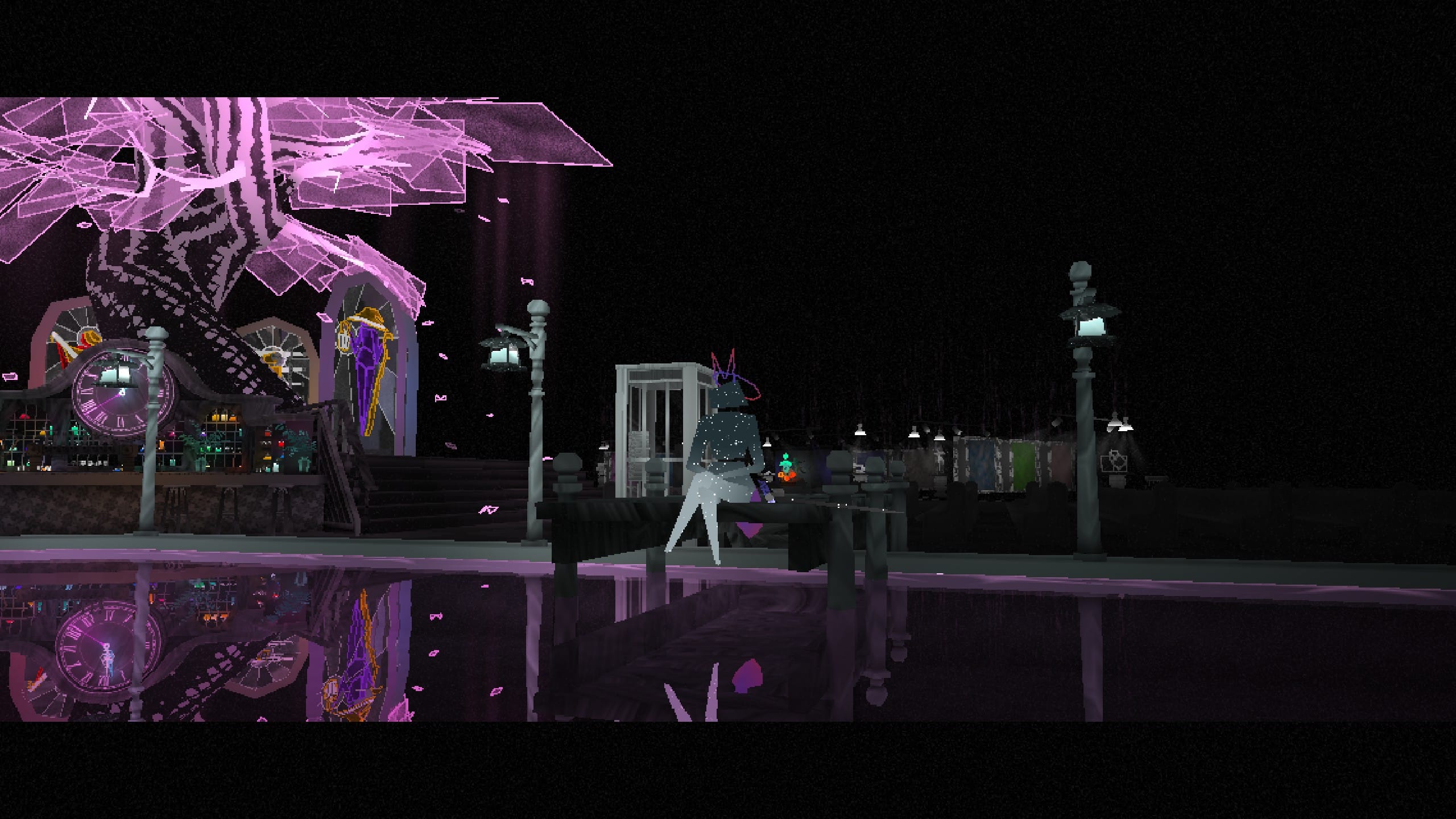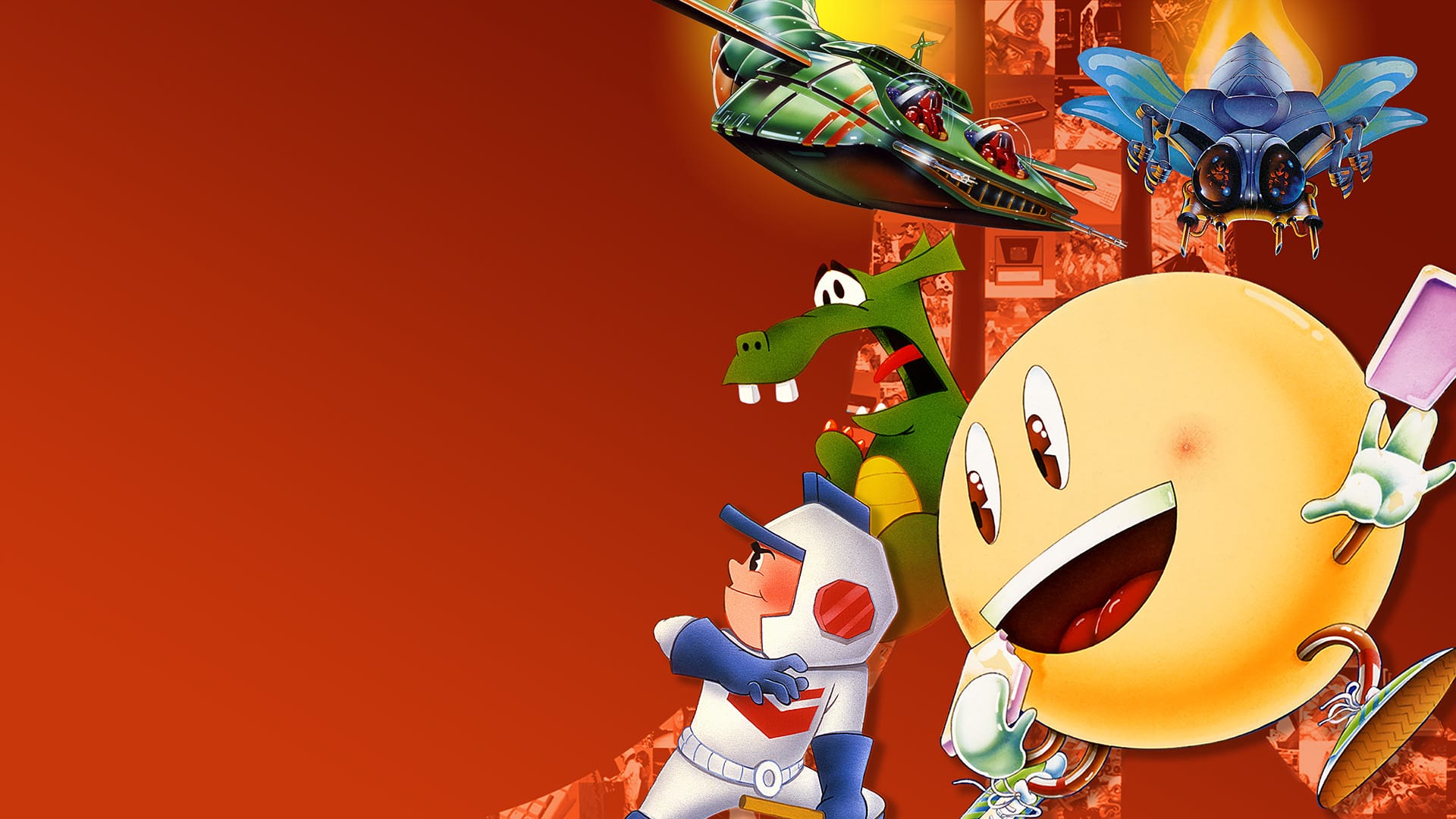Hyperbeat is very introspective. Just about everyone you meet in the Wellspring is agonizing over some creative or personal matter, wondering aloud the value of their work and themselves. The sorts of questions everyone has struggled with at one point or another, whether regarding one’s career or hobbies or what have you. The knights who make up the order populating the Wellspring are all in the midst of their own personal struggles, and you’re the latest to join their ranks, complete with your own problems to sort through.
Hyperbeat is a rhythm game set in an otherworldly space that draws in people who need it, whether that be a quick escape from the world or something deeper and more personal. For the knights who reside here, it is a place for people who seek to push their potential to its absolute limits. For artists like Blu and Red, theirs are stories of struggles of creation and the perception of their work versus themselves. For Yellow, it’s the dilemma of trying to become successful enough at work to obtain the means to live comfortably and devote more time to their own pursuits and the inevitable work/life balance challenges that come with climbing the corporate ladder.
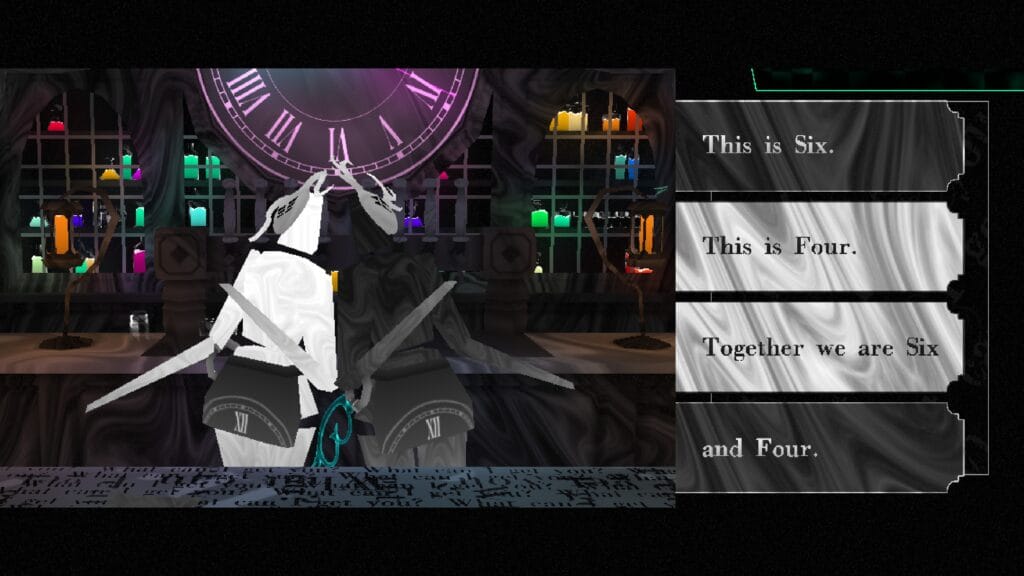
Your avatar, a blocky humanoid figure made of a solid color like the rest of the Wellspring denizens, is both a distinct character in that they speak and converse without your input, but also a blank-slate for you to project onto. Your role in this is to listen. To lend an ear and allow your fellow knights a chance to ease their burdens. A lot of the writing carries a jokey slant to it, which is most prominent in the random conversations you can have at the bar, but the moments of vulnerability balance it out.
The robotic text-to-speech voices everyone has, stiff and monotone in delivery, sometimes pronouncing punctuation on rare occasions (“exclamation!”), is able to bridge the divergence in tone and aid the strange, dreamlike quality of the space. Hearing these robotic voices speak about very real and human problems creates a sort of disconnect where everything is filtered through a haze that keeps you from seeing who’s really on the other side, which suits the vague blocky forms everyone assumes. No one is really fully present, their forms and voices a particular and intentional abstraction they assume while in the Wellspring.
The Wellspring’s sparse furnishings and mishmash zones — an art exhibit, a small park, and a bar reside around a massive tree, rows of pews separating each side of the hexagonal space — similarly carry an otherworldly yet comfortable feel. It’s at once a place of rest and serenity, a place to meet and socialize, and a place that is sacred and reverent. The stained glass portraits that surround the tree at the center of the space, each depicting one of the central characters, is one of the aspects that most makes the Wellspring feel like a place of import than the mere hangout spot/rest stop it often appears to be.
It is a very nice space to be in, though. Sitting at the bar or on the steps or seated on a bench in the art exhibit, listening to the smooth music and taking in the ambiance is nice. Hyperbeat often emphasizes the importance of taking a moment to rest and enjoy the moment and the space is ideal for a quick spot of respite.
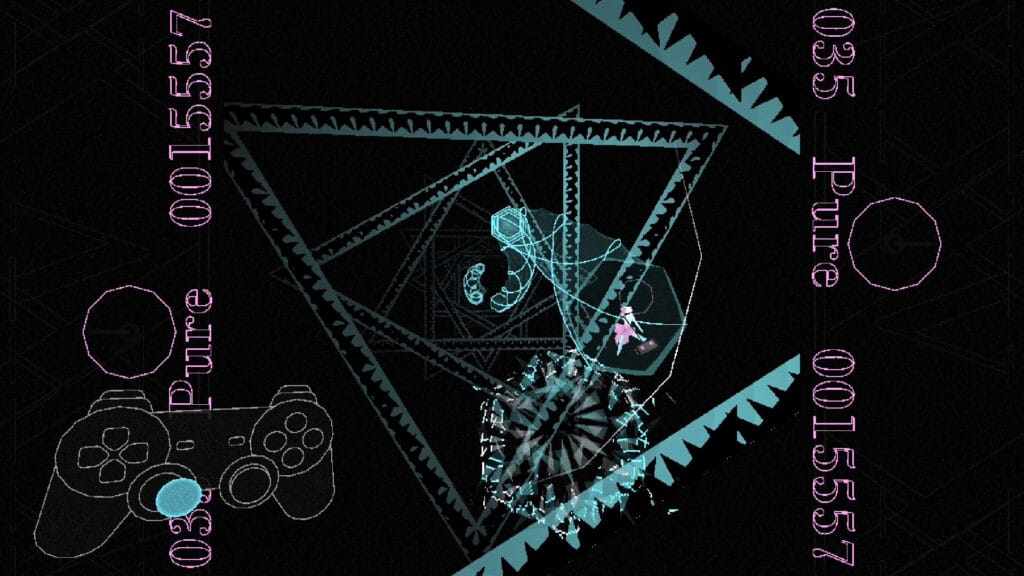
All this occurs between dreams, wherein you dive — literally — into the mind and go to work. Dreams are where the rhythm game proper begins. You zoom through a tunnel moving through/attacking discs in tune with the music. The rhythm relies more on movement alone than mere timing (though there’s a fair share of that as well), which makes for an unusual style of play compared to your average rhythm game. Twirling the analog stick around the edge of its receptacle having to hop between small, steady adjustments and rapid flicks or speedy rotations was a challenge. It’s a different kind of precision Hyperbeat asks of you. The left and right swings of your weapon can be timed perfectly with relative ease, but extending that to your avatar’s movements across the screen is a greater challenge.
Most of my experience with rhythm games revolves around tapping buttons rather than directly controlling a character with analog movement. Adding that into the mix was an adjustment because it requires a different sort of focus than just tapping buttons along to the beat. It reminded me of Entwined, which wasn’t explicitly about rhythm in its play, but was similar in how you flew down a tunnel hitting targets. That resemblance helped me get the hang of Hyperbeat since I was roughly familiar with the mechanical premise, but Hyperbeat is also a more intense game, which made getting a proper foothold a more involved ordeal.
Outside of the easy difficulties, Hyperbeat‘s beatmaps up the ante considerably. Rapid movements become more common, hold notes twist and turn with greater regularity and are easier to slip out of, the timing for everything becomes tighter and harder to parse. Rhythm games always become absurd at their highest levels, but Hyperbeat lives up to its name when attempting any of its songs on the highest difficulties available.
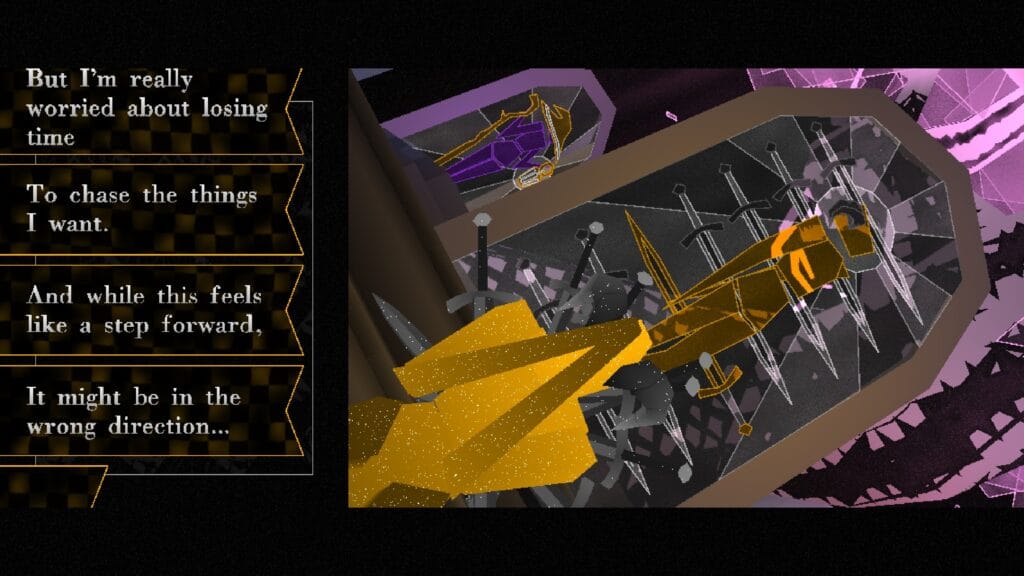
But crucially, Hyperbeat isn’t demanding in terms of play in reality. It explicitly seeks to be approachable. There’s no way to fail a song. You’re not forced to meet any arbitrary score or rating requirements to progress. You need only engage as deeply as you want to. It makes practicing and learning songs a breeze. Tracks I otherwise wouldn’t dare tackle due to how complex the beatmaps appeared became (a little) less imposing in large part because I can play in a live environment without worry of being kicked out mid-song. Better yet, being able to pause and enable training at any moment and replay a section as many times as needed to figure out how and why I missed notes before resuming after made a massive difference.
It’s a very smooth experience. The inherent friction of achieving competency and excellence still applies (it is a rhythm game), but it makes the process as approachable as it can. Combined with the casual tenor of random conversations that you can have at the Wellspring’s bar, Hyperbeat tries to match the vibe and purpose of being a space of serenity, a place to step away for a moment and indulge in some music and relax for a spell and succeeds.
Callum Rakestraw is the Reviews Editor at Entertainium. You can find him online at Bluesky, Mastodon, and his blog.

